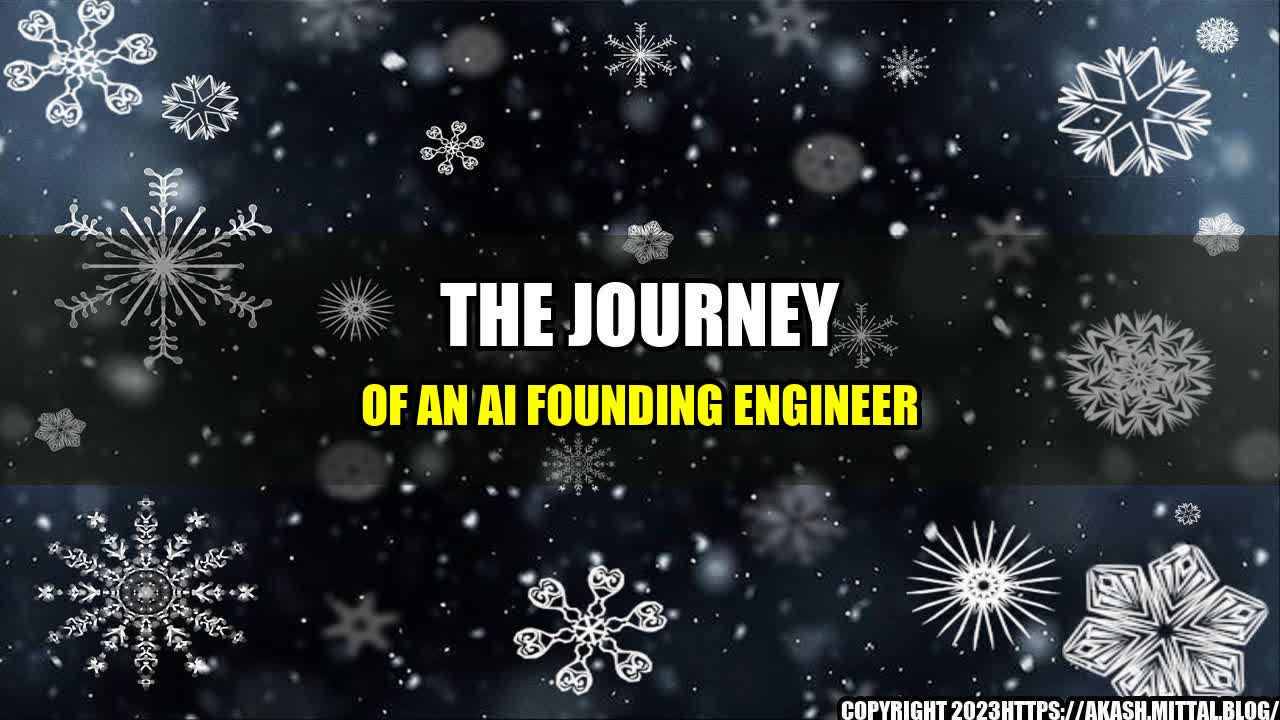It was a warm summer day when I first realized I wanted to pursue a career in AI. I was sitting on the porch, staring at the clouds, when my father came up to me and asked what I wanted to be when I grew up. Without a second thought, I blurted out, "I want to build robots that can think for themselves!"
Little did I know at the time, my dream wasn't too far-fetched. With the rapid advances in technology in recent years, AI had become a booming industry, and I was determined to be a part of it.
After completing my degree in Computer Science, I landed my first job as a software engineer at a startup specializing in speech recognition. It was here that I was exposed to the incredible potential of AI, and the limitless possibilities it held for the future. The company grew rapidly, and before I knew it, I was leading a team of developers working on the next-generation of speech-to-text software.
As my career progressed, I worked on a variety of AI products, from recommendation engines to chatbots, and each one was just as exciting as the last. I soon realized that AI wasn't just a job to me, it was a passion.
AI's Potential
AI has already revolutionized industries such as healthcare, finance, and manufacturing. It has the potential to greatly improve our daily lives, from making our cars safer to providing better customer service. Here are just a few quantifiable examples of AI's potential:
- AI-powered medical imaging has been shown to detect breast cancer with 90% accuracy, compared to 83% with a human examiner.
- AI chatbots can handle up to 80% of customer service inquiries, freeing up human staff for more complex tasks.
- AI algorithms can predicatively maintain machinery and equipment, reducing unplanned downtime by up to 45%.
Practical Tips for Aspiring AI Founding Engineers
If you're interested in pursuing a career in AI, here are a few practical tips:
- Learn as much as you can about AI and related fields such as machine learning, natural language processing, and deep learning.
- Get hands-on experience by working on projects and building your own AI models.
- Connect with others in the AI community through meetups, conferences, and online forums.
- Stay up-to-date with the latest trends and advances in AI by reading industry publications and attending events.
Conclusion
In conclusion, the journey of an AI founding engineer is both exciting and rewarding. It requires a combination of technical knowledge, creativity, and passion. While AI has already made great strides, there is still much untapped potential waiting to be explored. By following these tips and honing your skills, you too can be a part of the future of AI.

Curated by Team Akash.Mittal.Blog
Share on Twitter Share on LinkedIn